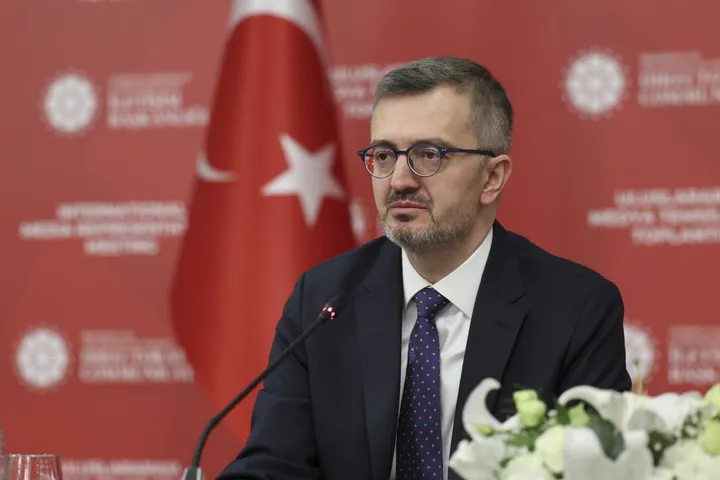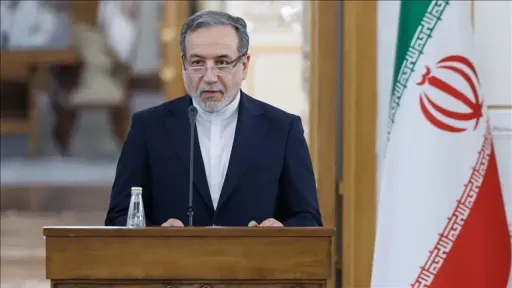Turkey has discovered 135 billion cubic metres (bcm) of additional natural gas in the southern Black Sea, President Recep Tayyip Erdogan said, raising the total discovery in the region to 540 bcm.
Speaking at an opening ceremony in the Black Sea province of Zonguldak on Friday, Erdogan said Turkey had made the additional discovery in the Amasra-1 field, adding he expected further "good news" to come from the region.
Last year, Turkey's Fatih drill ship discovered 405 bcm of natural gas in the western Black Sea region's Sakarya field, in the country's biggest discovery.
Currently, the Kanuni drillship is completing exploratory tests at the Turkali-2 well, while the the Fatih vessel is drilling in Turkali-3 well, both in the Sakarya field.
Gas production from the field is expected to begin in 2023.
READ MORE: Erdogan: Turkey has found 405 BCM worth of gas in Black Sea
First discovery
In August 2020, Turkey found its first significant gas discovery after finding 320 BCM.
Erdogan said the gas will help the country cut its dependence on energy imports once it is commercially extracted.
Turkey's drilling ship Fatih has been operating since last July in an exploration zone known as Tuna-1, about 100 nautical miles north of the Turkish coast in the western Black Sea.
In October, it discovered another 85 BCM, boosting the total to 405 BCM.
Tuna-1 is in an exploration zone named after the Danube, where it is located at the confluence of the Bulgarian and Romanian maritime borders and the inland waters of Turkey.
Drilling for the reserves will be at approximately 3,500 to 4,000 metres at some 150 to 180 kilometres off the Turkish coast.
READ MORE: Turkey finds natural gas reserve of 320 BCM off Black Sea
Impact on economy
International Energy Agency head Fatih Birol said last year the potential economic value of Turkey's discovery was around $80 billion.
Turkey, which is almost completely reliant on imports to meet its energy needs, has been exploring for hydrocarbons in the Black Sea and in the Mediterranean, where its survey operations in disputed waters have drawn protests from Greece and Greek-administered Cyprus.
In 2019, Turkey spent $41 billion on energy imports. The payments it makes to buy gas from other countries such as Russia and Azerbaijan have been a drag on its currency for years.
Officials have said the gas will be ready for public use by 2023.
However, analysts say Turkey could face extra infrastructure costs in breaking into the market.
READ MORE: The state of Turkey’s gas market and reducing foreign dependency























